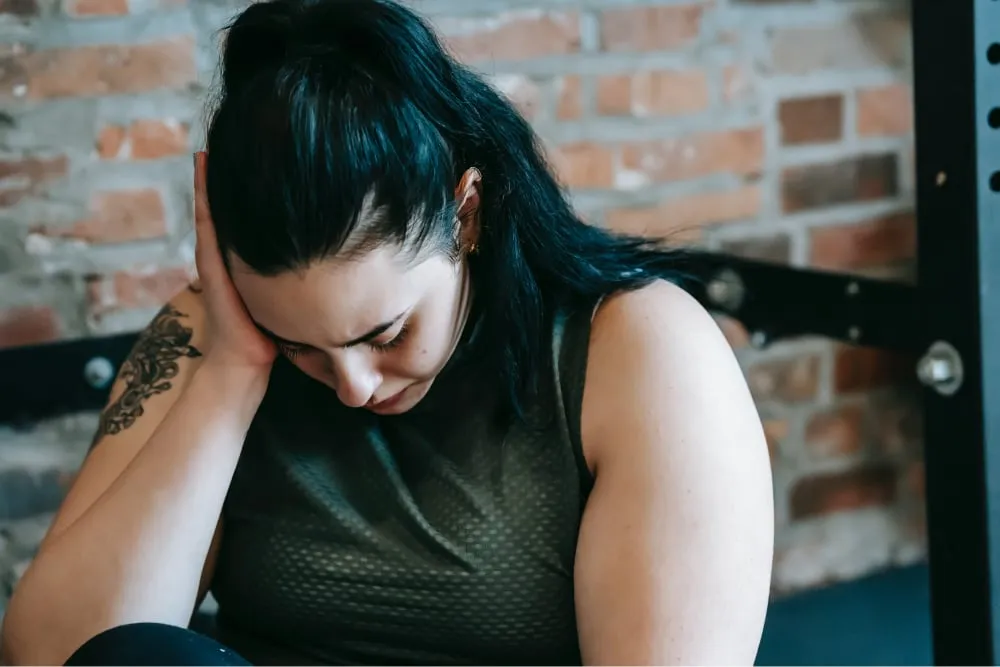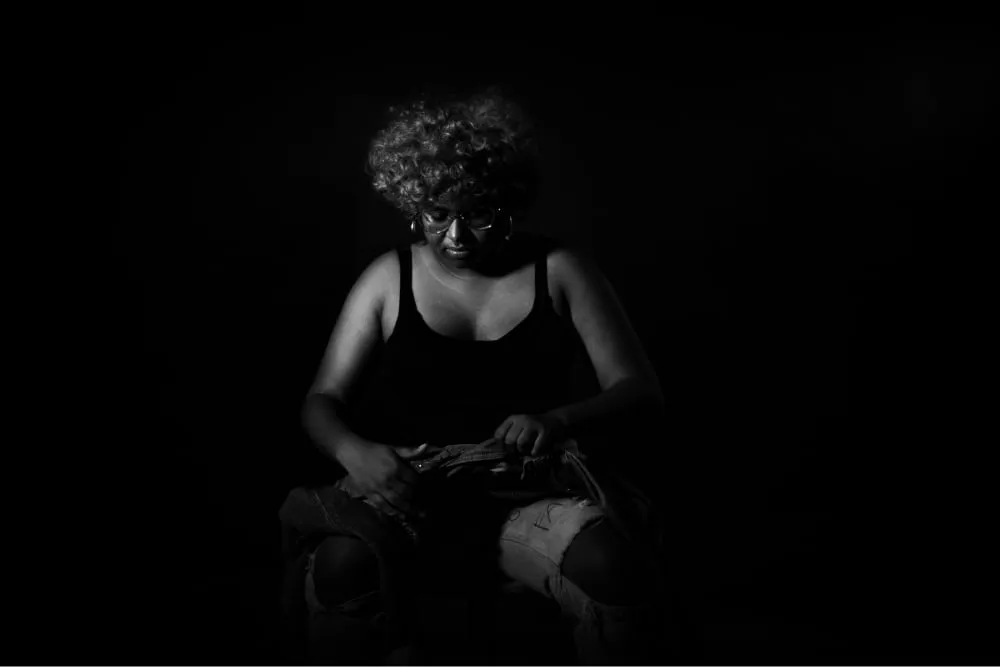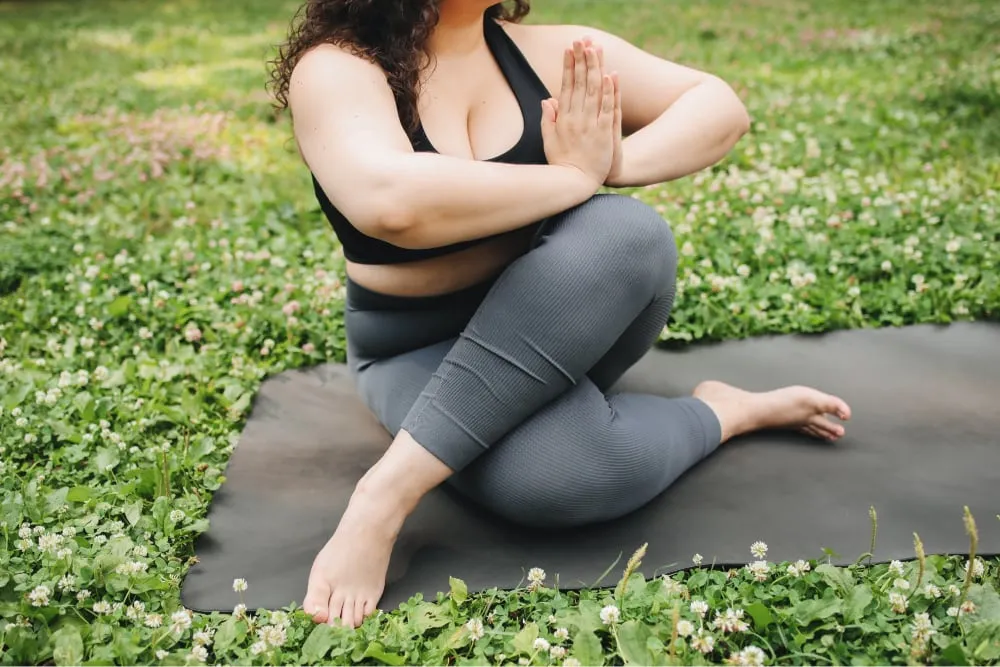What is the morning-after pill?
The morning-after pill, which can be obtained without a prescription, prevents pregnancy from occurring, but it won’t terminate a pregnancy. (1) Plan B is perhaps the most well-known morning-after pill or emergency contraceptive (may be referred to as levonorgestrel emergency contraception), though there are other brands, such as Kyleena and Mirena. People with a uterus will typically take a morning-after pill in response to having unprotected sex or due to a lack of birth control or other forms of planned contraception, such as condoms, failing.
How does the morning-after pill work?
These over-the-counter medications consist of levonorgestrel, a hormone that delays or prevents ovulation so the person cannot get pregnant. A person with a uterus can take it within three to five days after sex, although the sooner it’s taken, the more likely it will be effective and the risk of pregnancy will be lower. (1)
What are the weight limits for the morning-after pill?
Although the morning-after pill has proven helpful for many people who don’t want to get pregnant, it doesn’t work for everyone because Plan B has a morning-after pill weight limit of 165 pounds. (1) This means it will not work for anyone over that weight limit. But, according to the Centers for Disease Control and Prevention (CDC), the average American woman weighs more than the weight limit for the morning-after pill. (2) The fact that the average American woman weighs more than the weight limit for Plan B is fatphobic.
Further limitations of the morning-after pill for non-binary people
Women aren’t the only ones who need access to the morning-after pill or emergency contraceptive pills—non-binary and transmasculine people may also need the morning-after pill to prevent pregnancy. And although someone does not need to take hormones to be transgender, many transmasculine individuals and transmen do take testosterone as part of their gender-affirming care. Research indicates that testosterone can cause weight gain, which may further exclude this population from much-needed reproductive care, such as Plan B. (3)
Alternatives to Plan B
An alternative to Plan B is Ella, an emergency contraceptive made up of ulipristal acetate. Much like the morning-after pill, it can prevent ovulation and, thus, prevent pregnancy. However, unlike Plan B, people need a prescription to obtain this medication, which can be a barrier for many individuals who don’t have health insurance, are unable to schedule an appointment with their doctor within the five-day window, or don’t have a primary care physician.
Furthermore, some pharmacies don’t have Ella readily available, which means people may not be able to access it within the time frame for maximum effectiveness. Lastly, Ella is more expensive than the morning-after pill, making it far less accessible. (4)
Even if someone is able to get a prescription for Ella, the weight limit for this emergency contraceptive is about 195 pounds. (1) So, what is a person living in a larger body supposed to do in this situation? Really, the only option is to receive an emergency copper IUD, but that requires a doctor's appointment, as well as a procedure. A copper IUD can prevent pregnancy in people of all weights, but it’s not easy to get, especially on short notice. (4)
Plus, not everyone wants an IUD or wants to undergo a procedure. There needs to be safe, accessible, and effective reproductive care for people of all weights and sizes.
Why this weight limit is stigmatizing and fatphobic
The weight limit for the morning-after pill can be extremely stigmatizing for people living in larger bodies. Not to mention, it contributes to weight stigma and fatphobia, which is rampant in our society.
The fact that these emergency contraceptives don’t work for people over a certain weight implies that uterus owners in higher-weight bodies are unworthy of sex and pleasure and the reproductive protections that go along with those activities. That’s the harmful message this type of ineffective treatment sends.
This weight limit around the morning-after pill can lead to profound shame, poor self-esteem and body image, anxiety and depression, and disordered eating behaviors among people who already experience fatphobia and weight stigma. Not to mention that these weight restrictions on morning-after pills may put people at risk of having to deal with unwanted pregnancies and all of the complications that can come along with that, simply for being at a higher body weight.
It is therefore important to prioritize research around establishing an effective emergency contraceptive for people in larger bodies to recognize that all people, no matter their body weight, should be able to enjoy sex and the benefits of essential reproductive care.


















%2520THUMB.webp)












